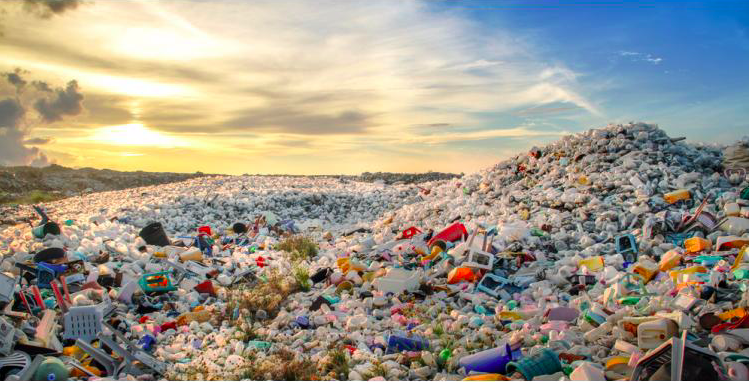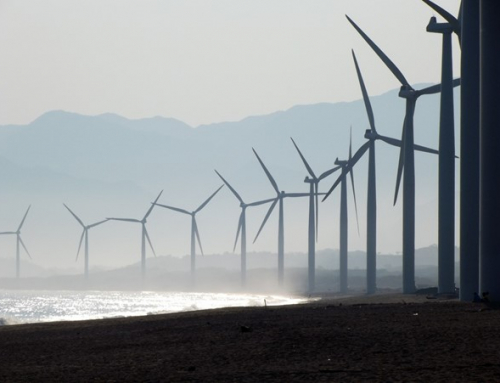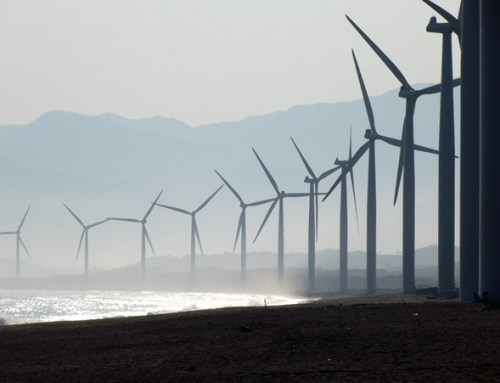
By Stewart Dalby
To paraphrase the Queen who in 1992 described that year as her “annus horribilis”, we can say that without fear of contradiction 2020 has been nine months or so of unremitting horrors unprecedented in the lifetimes of most of us. By mid-December over 70,000 people, young and old, had died in England alone. Tens of thousands more have been infected.
We lost freedoms like socialising with our friends and relatives. We were inhibited from travelling away for holidays and business. Many people lost their jobs and lots of businesses went gone bust. There were surges in mental health and domestic abuse because of lockdowns and the economy seemed be in freefall.
Now, with the New Year almost upon us, we are led to believe that vaccines are available to keep us safe. At the same time, we are confronted with new virulent variants of the Coronavirus spreading like uncontrolled wildfires mostly through London and the southeast of England, at the time of writing, but also elsewhere. One of the variants is said to be more contagious but less fatal than the virus we have had to contend with these past months. Deaths and infections are soaring. Pressure on the NHS is said to be reaching breaking point. Thus 2021 looks like being a race between vaccinations and infections to see whether we can reach safer shores.
So, amidst all the gloom has there been any major positive development that occurred in 2020 that we can take with us into the New Year and develop further. Yes, in a way there is. Some of us will survive the Covid 19 pandemic. On the other hand, climate change poses an existential threat to the whole human race. It is valid to ask, therefore, whether after decades of reckless consumerism, misuse of natural resources and the horrors of the pandemic, has there been a wake-up for us to change our ways?
Will we step up our efforts in the battle against climate change? Will we further increase alertness to the increasing rapidity of climate change? Can we increase knowledge of what we can do individually to slow the changes taking place? From our point of view at Greenbarrel, we are occupied with as to whether we can do more to increase investment into companies with the technologies to reduce carbon emissions, which seem to be a major cause of climate change.
A recent Guardian story quoted Mike Clemence (of the pollsters Ipsos) as reporting that UK alertness has been rising since 2013. Well, he could have fooled me. We started Greenbarrel.com just before the Paris 2015 climate summit, and some six years after the abortive Copenhagen Summit in 2009. At this point we found that there was not really a keen interest in climate change and all its issues amongst investors.
Moreover, also at the time fossil fuels seemed cheap, abundant, and not particularly threatening. This all meant as we were to discover, investment in renewable energy companies was not forthcoming in the appropriate amounts. When setting up Greenbarrel our prime aim was to encourage and facilitate more informed investment in mostly quoted companies specialising in all aspects of renewable energy and clean technology.
We identified more than 50 companies quoted on the London Stock Exchange’s Alternative Investment market (AIM). Today there are 36 or so companies that we can write about. Some of the original 50 companies involved in projects like offshore wind farms, were taken over by investment trusts and the like. Others, however, simply went bust. The reason was usually because of the situation they found themselves in, which was as follows: an embryonic company would have a good idea to launch somewhere on the whole spectrum of renewable and alternative energy concerns including related subjects such as climate change, energy prices and other headings such as Bioenergy, Energy Storage, Hydro & Water, Heating, Nuclear, Solar, Tidal & Wave, Transport, Wind and General which included community projects.

Powerhouse Energy turning waste to power
For funding for such a project a company would go to the stock market (in this case to AIM) and raise (say £12million). Unfortunately, with no income stream apart from government subsidies to keep the company going the £12m would quickly be spent proving the company’s technology and overcoming regulatory hurdles. A return to the stock-market for more cash was difficult because the attitude amongst short-term minded investors was often, “once bitten twice shy”. This left companies surviving but not prospering. We never tipped or promoted any of the companies we wrote about, not least as they were mostly loss- making there was not much to promote. We did, however, write balanced accounts and analysis of what the companies did and where they hoped to go.
The response from our reader investors was so luke-warm, however it seemed like we were screaming in the wilderness to get their attention but were having no affect. We did not give up though. Greenbarrel’s Julian Singer noted that in May and June of 2020 the share prices of a significant number of companies involved in renewable energy and listed on AIM rose substantially. Julian pointed out that charts showing the share price history of the twelve companies he noted grouped into four categories: Waste, Hydrogen, Storage and Funds.
The Waste category showed some of the largest increases, with Powerhouse Energy achieving a tenfold increase in its share value of a year ago. It should be pointed out, however, that these Waste stocks started from a low base, with Active Energy at 1.8p per share and EQTEC 0.11p a share. There has been a general drift downwards since August 2020, although EQTEC was standing at 2.59p at the close on 29 December.
Hydrogen and battery related stocks also increased sharply from June to December. AFC Energy was at 4.9p in June and closed at 80p on 29 December. Two of most spectacular ascents have been Ceres Power Holdings which stood at £2.07 at the end of June and now stands £13.04. Ilika PLC, the battery development company was 57p on 15 September and is now 219p.
So what has brought on this boom in renewable stocks? Hydrogen has benefitted from a renewed interest in its uses;not only in vehicles but also for storage and heating. Other renewables will not fall by the wayside. The reason is as I alluded to earlier in this article. We are facing two enormous emergencies—the pandemic and climate change. Tackling an emergency can be a catalyst for innovation, scientific progress and human ingenuity. Renewable Energy’s day has come.
We at Greenbarrel wish all our readers a very happy and prosperous 2021. We will certainly continue to write about climate change and renewable energy. Normal service will resume on 6 January when we publish our first article of 2021.
2)





